Mozambique hogs international limelight, to clarify $1,35 debt
- By Zimpapers Syndication |
- 10 Jan, 2026 |
- 0
.jpg)
Sifelani Tsiko ---
Mozambique is this week a clear new leader at the top of media charts with the mainstream global media competing to sniff out any headline-making news over recent moves by the International Monetary Fund (IMF) to freeze a Standby Credit Facility (SCF) loan following allegations more than US$1 billion worth of government guaranteed loans, contracted in 2013 and 2014, had not been disclosed to the multilateral funding body.
A statement released by the IMF on April 23 sparked a lot of interest on the southern African which has over the past few years wooed investors following its huge gas find.
Read part of the statement issued by Mr Michel Lazare, the IMF chief for Mozambique: “Following a meeting held earlier this week between Carlos Agostinho do Rosario, Prime Minister of Mozambique and Ms Christine Lagarde, IMF Managing Director, a technical team led by the Vice - Minister of Finance, Ms Isaltina Lucas, worked intensively with the IMF Mozambique staff team.
“The authorities acknowledged that an amount in excess of $1 billion of external debt guaranteed by the government had not previously been disclosed to the Fund. Staff welcomed the authorities’ extensive disclosure of information which constitutes an important first step toward full restoration of trust and confidence.
“Looking ahead, the Fund and Mozambique will continue to work together constructively to evaluate the macroeconomic implications of this disclosure of information and identify steps to consolidate financial stability, debt sustainability and enhance governance and oversight of public enterprises.”
When the international media got wind of this report of a US$1,35 billion of undeclared sovereign borrowing that could have put Mozambique into a unsustainable debt trap, the country streaked ahead in terms of global media coverage, hogging international limelight.
Read some headlines in some media: “IMF Suspends Millions In Aid Dollars To Mozambique Over Hidden Debt,” and “Mozambique admits hiding loans from IMF.”
The undeclared borrowing controversy was also captured in major newspapers, magazines, radio and television stations and on-line publications across the globe.
Various papers quickly harped on corruption and dug on this major topical issue which affecting Africa and the rest of the world.
They were few other reports that gave penetrating analysis on the weaknesses of most African countries who still depend heavily on the IMF for their survival.
Pan African scholars say it is high time African people stand up in the wake of a global onslaught against them on the social, economic and political front by multilateral bodies.
However, critics took a swipe on African governments accusing them of poor leadership and accountability.
“It is probably one of the largest cases of the provision of inaccurate data by a government the IMF has seen in an African country in recent times. They deliberately kept from us at least $1 billion, possibly higher, of hidden loans,” an IMF official told a newspaper, warning that other donors could freeze disbursements of $350 million to $400 million.
However, Mozambique Finance Minister Adrian Malian, insisted the country has no hidden loans.
“There was some confusion which has ended up creating problems for Mozambique groundlessly,” he was quoted by the state news agency as saying recently.
“The international community will realize that, firstly, Mozambique is a country that has never failed to pay, and secondly, we have said to all investors that all that has a state guarantee is secure — we honor our commitments.”
Some comments from the international media were alarmist: “Mozambique is close to a financial crisis if the authorities don’t take action to deal with the current risks.”
Prime Minister Carlos Agostinho do Rosario led a delegation to the United States recently to see IMF Managing Director Christine Lagarde and explain the borrowing and patch up tattered relations with the international lender.
President Filipe Nyusi, while on a visit to Europe recently, was also pressed to explain about the debt issue by the media.
He said his government “is working to clarify” the country's public debt.
“We are facing the problem frontally. We are opening doors so that things may be understood,” President Nyusi told journalists at a press club in Brussels.
He said his government was working flat out to resolve the issue with the IMF.
“We are collaborating with the IMF to see if we can find solutions rapidly and return to normal life,” the president said.
Nyusi said his government was determined to solve the matter and was in communication with all its partners “and nobody is interested in the country disappearing”.
IMF is supporting Mozambique to build efficient and transparent policies that could help reduce poverty and promote growth, agriculture production, better nutrition and sustainable development.
However, the failure to disclose the over US$1 billion borrowing could tear apart its relations with the Mozambican government.
Critics also fear this latest revelations will likely damage the cash-strapped government’s efforts to repair its reputation with other donors and investors.
IMF, an organization of 188 countries, promotes international financial stability and monetary cooperation.
It believes Mozambique had concealed borrowing for its defense sector from Credit Suisse and Russia’s VTB Bank.
So the fund says it is halting disbursements of $155 million of a $286 million emergency loan it agreed to with Mozambique last year to help buffer its economy, following steep drops in commodity prices.
The IMF said the alleged undeclared loans had changed its assessment of the country’s macroeconomic outlook, according to media reports.
When contacted for comment, Mozambique’s ambassador to Zimbabwe Mr Pedro Davane, speaking through his assistant, said the government was yet to come up with an official position on the matter.
“The official position from the Mozambican government is not yet out,” he said. “We will only be able to give you details to you once the government issues a statement.
“We will first inform the Mozambican assembly since it is a national issue. People of Mozambique are expected to get clarity on the matter soon from the government.”
Economic analysts say Mozambique has experienced substantial change over the past two decades.
In the early 1990s, the country emerged from a devastating and prolonged conflict that severely affected the country’s infrastructure.
Since then, analysts say, aggregate economic growth has been sustained at high rates, making the country one of the top economic performers of the region.
Other analysts note that while Mozambique’s growth until the mid - 2000s largely reflected a process of post-war recovery, sustained growth since then is a testament to solid macroeconomic management, pursuit of a wide range of economic governance reforms, and substantial inflows of foreign aid and political stability.
This, they further say, is underscored by recent access to external commercial debt markets.
In 2013, Mozambique made its debut $850 million Eurobond issue with a coupon of 8.5 percent.
The discovery of natural gas was also expected to add impetus on the country’s economy and usher in prosperity.
Some analysts contend that while GDP growth have been impressive over the last few years, it has been ‘fuelled by a massive amount of borrowed money – not all which has been spent wisely.’
While the debt issue has triggered massive criticism for the Mozambican government, some analysts urged caution saying reigniting tension would be more likely to trigger a serious default by the country.
No Comments


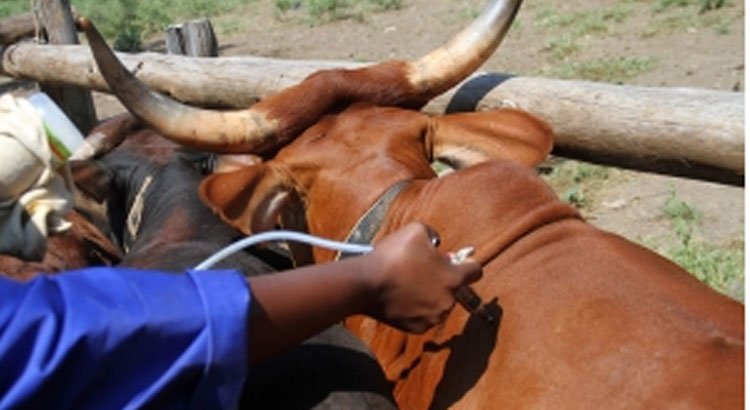
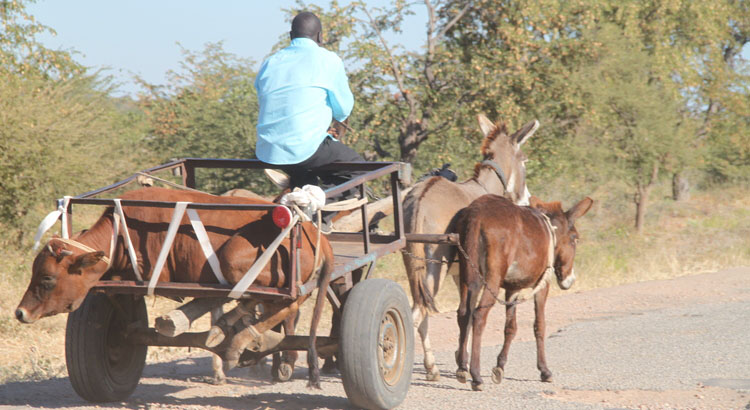

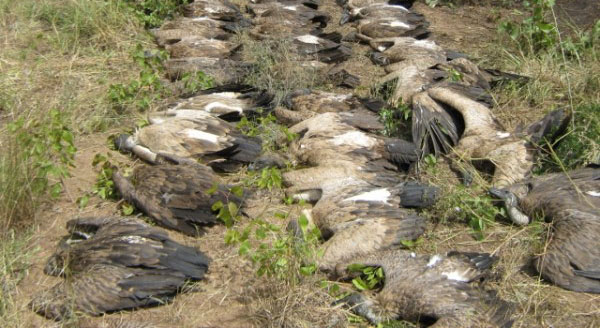
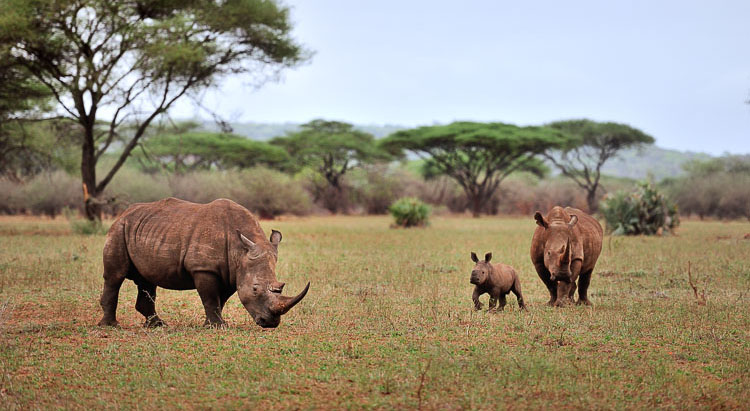


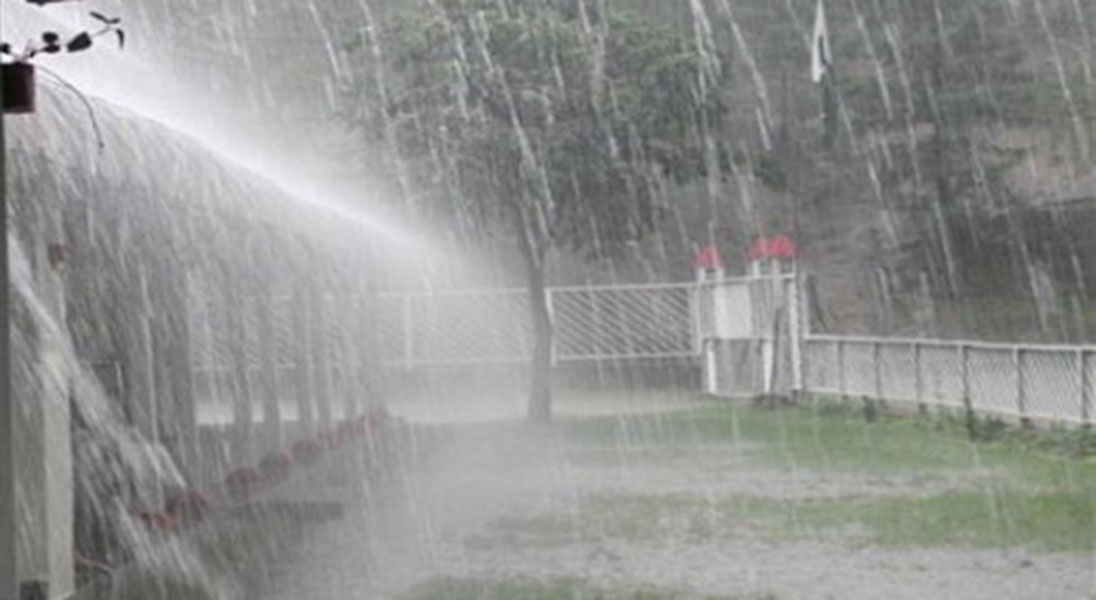
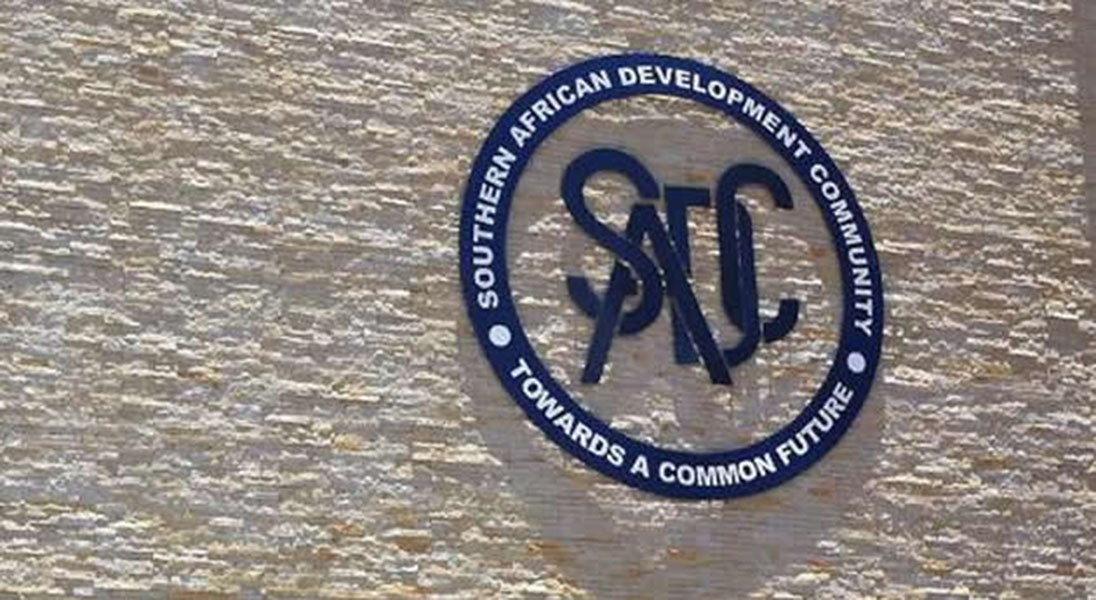
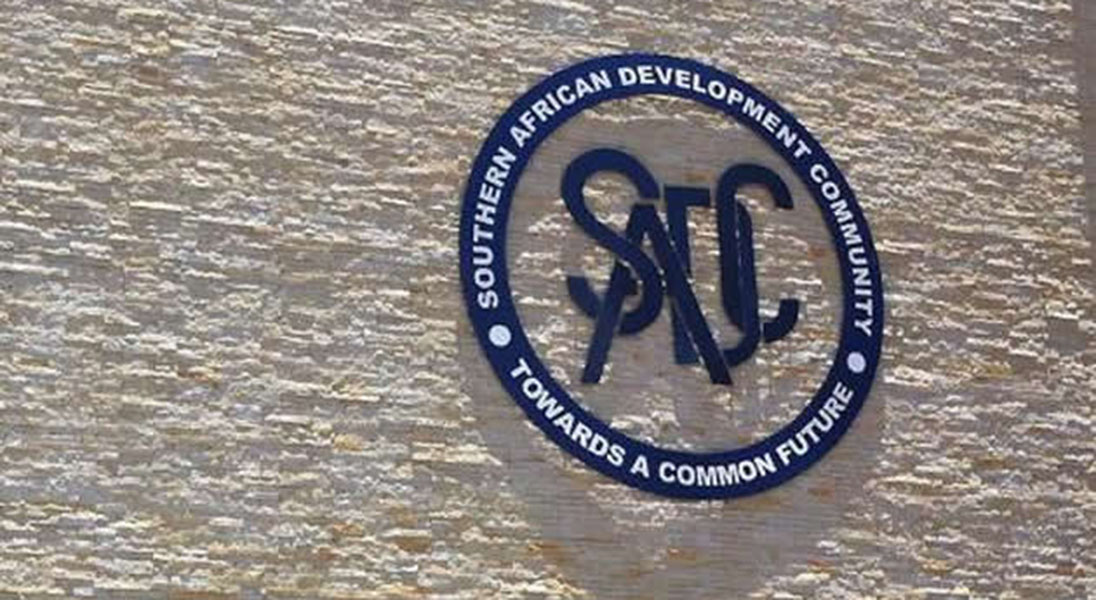
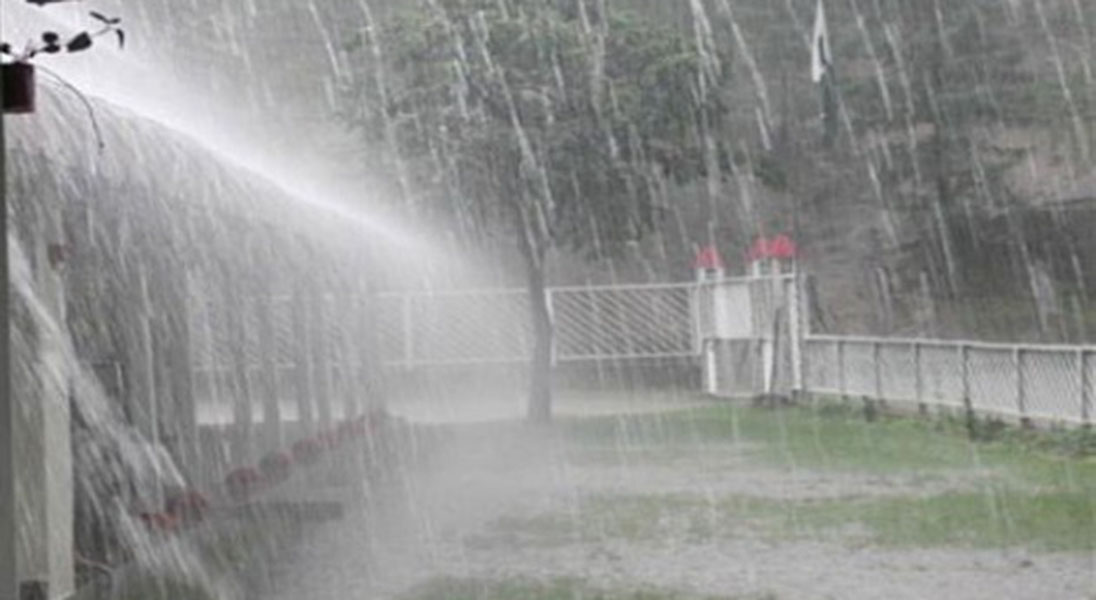
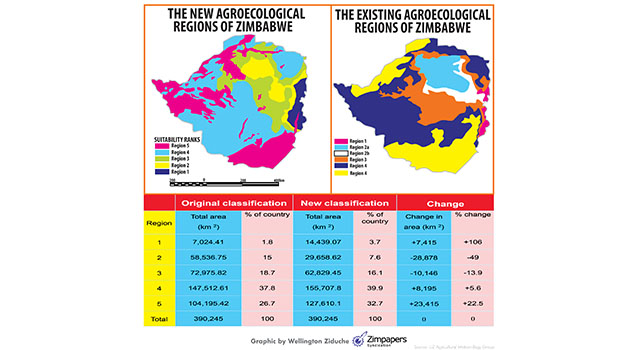
Comment